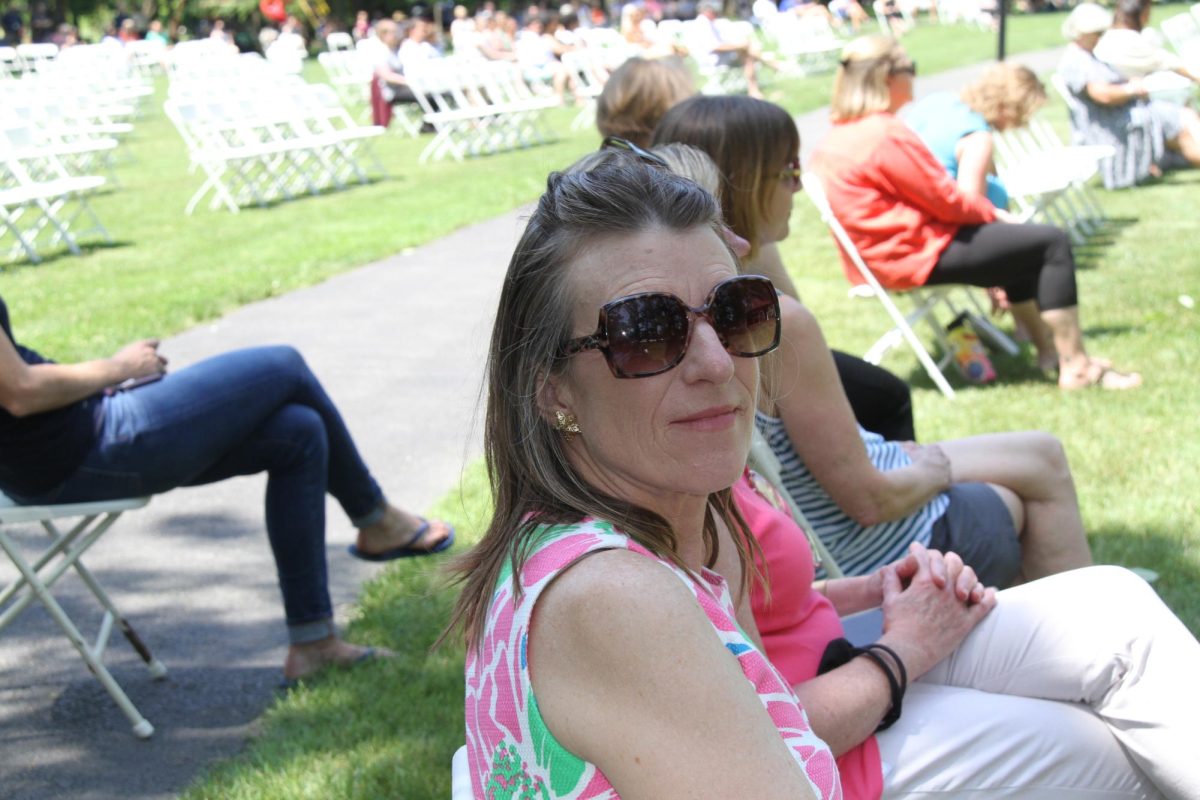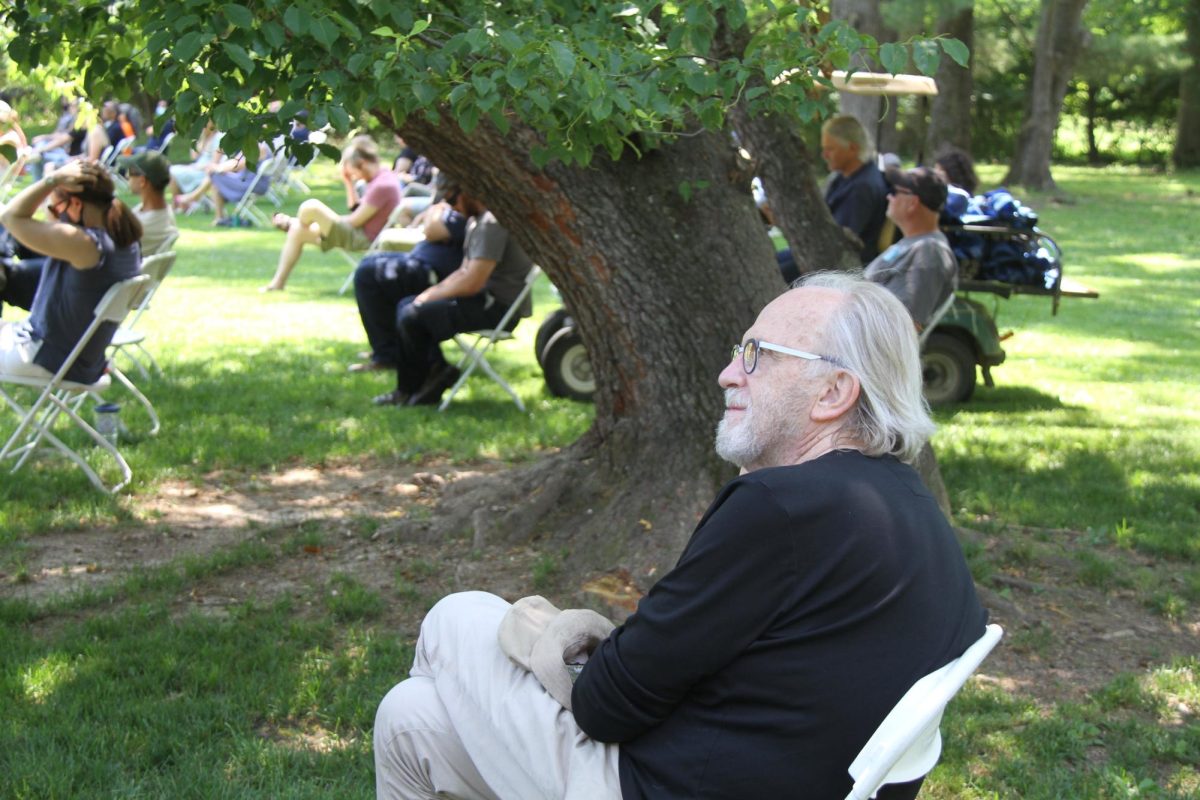Student conducts Q&A with Judiciary Co-Heads
October 5, 2015
Recently, the Spokesman sat down with seniors Tess Gecha and Peter Sanderson, Co-Heads of the Judiciary Committee, in order to learn more about this less visible Student Council Committee.
What is the standard procedure at Judiciary?
Tess Gecha: “First [the Judiciary representatives] gather as a group, and the [offending student’s class dean] comes and meets with us and gives us a written statement about what happened. We look that over, and the [class dean] leaves. Then, the student and [his or her] advisor come in, and the student … [reads a written statement] … Then, we usually ask questions, and [the student] answers them. After that, we ask if [the student] has anything else to add. The student leaves, and then, we talk for a little bit with the advisor. After that, the advisor leaves, and we deliberate and compare stories and if there are any differences in the stories and come up with a consequence. It’s really about the student learning. I think that’s something that a lot of people don’t know. We want it to be productive, and we really want the student to grow; it’s not just about giving out harsh punishments.”
What sends you to Judiciary?
Peter Sanderson: “Basically, the reason you would go to Judiciary would be that you commit something that is a violation of the Honor Code.”
What is the purpose of Judiciary? Why not have Mr. Robinson or Mr. Stellato give the punishments?
PS: “A big part of it is you’re being judged by a jury of your peers, which is how it’s supposed to be. That … gives [the student going to Judiciary] a little confidence that [he or she] is going to be judged fairly.”
What are your goals for this year?
TG: “Our goal for this year is to make the process more transparent and make it more of something that students know about and students understand. We want to make sure that students are informed about cases because it is important. I think students can learn from other people’s mistakes, so we definitely want to incorporate reading over the consequences and making sure that gets done because it is important to show students what happens.”
PS: “Taking away the mystique of Judiciary and just making it something that people will understand and not be afraid of.”





